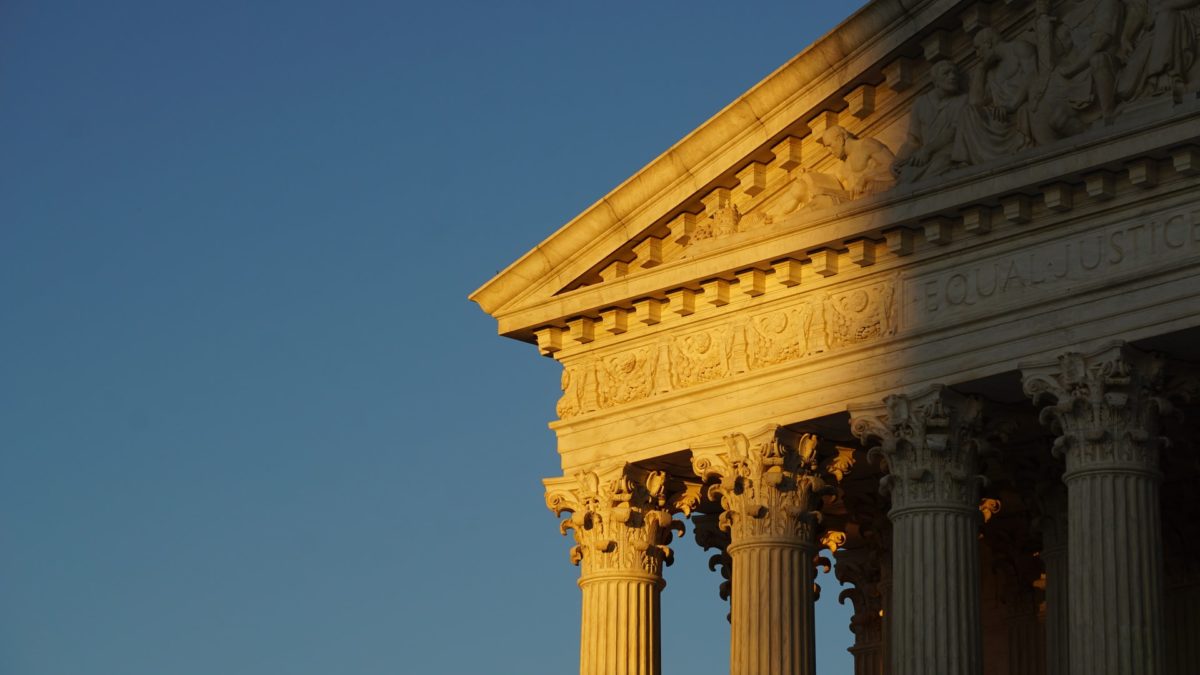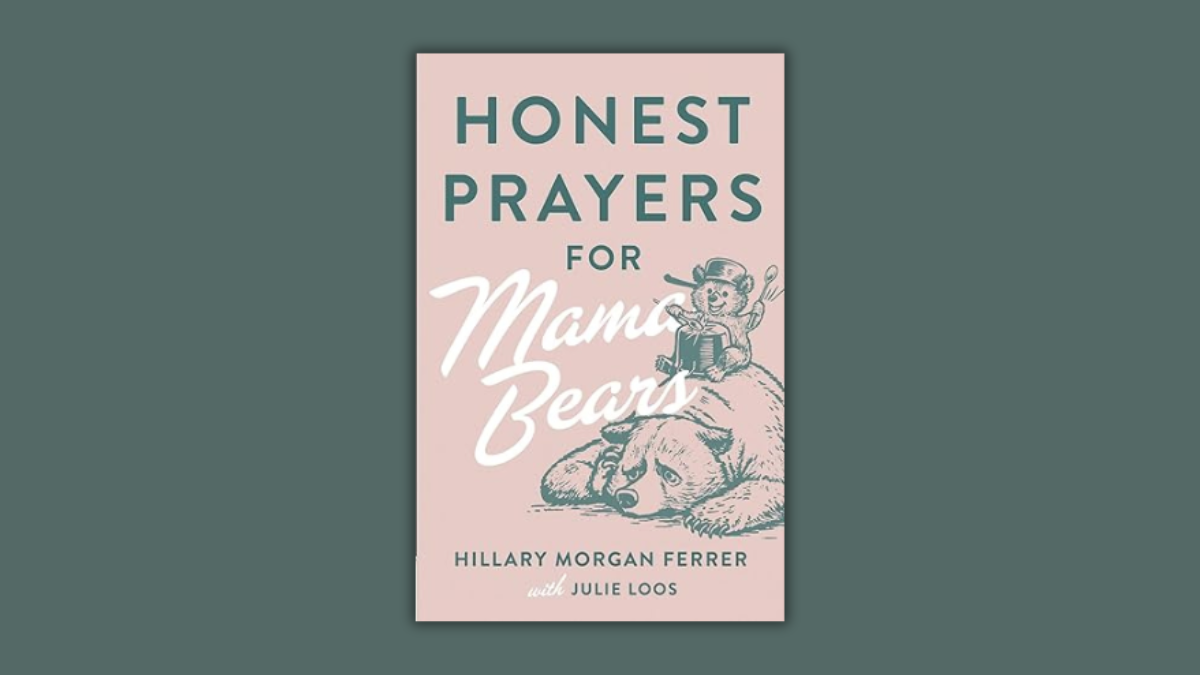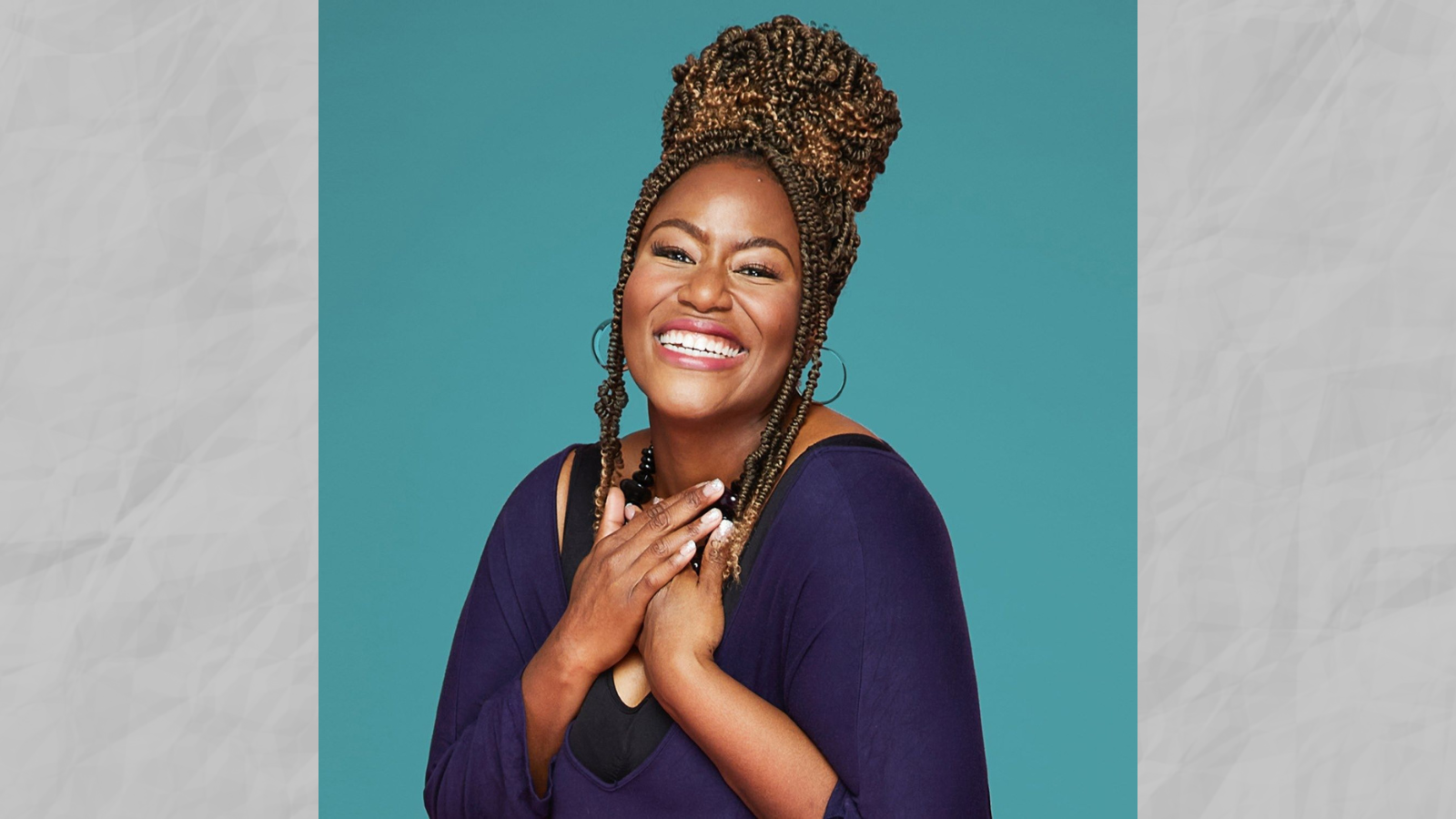The Supreme Court on Dec. 10 left in place Texas’ ban on most abortions, a little more than a week after the court heard arguments in another challenge that could overturn the Roe v. Wade decision, The Associated Press reported.
A five-justice majority ruled Texas state court judges, court clerks and state Attorney General Ken Paxton could not be sued. But the decisions seems to leave people free, under the structure of the Texas law, to sue abortion clinics and anyone else who “aids or abets” an abortion performed after cardiac activity is detected in an embryo, around six weeks.
The Texas law has been in place since Sept. 1. Friday’s high court ruling came a day after a state court judge in Texas ruled that the law’s enforcement, which rewards lawsuits against violators by awarding judgments of $10,000, is unconstitutional yet left the law in place, AP reported.
Complex set of issues
The Texas law has an unusual structure that makes it difficult to challenge. The law essentially hands responsibility for enforcing the law to private citizens, rather than state officials.
The law authorizes lawsuits against clinics, doctors and others who perform or facilitate a banned abortion. The challenge raised a complex set of issues about who, if anyone, can sue over the law in federal court, the typical route for challenges to abortion restrictions.
A 50% decrease in abortions
Since it took effect, the law has imposed the most restrictive abortion curbs in the nation since the Supreme Court first declared a woman’s right to an abortion in its 1973 Roe v. Wade decision.
In the Texas law’s first month, a study published by researchers at the University of Texas found, the number of abortions statewide fell by 50% compared with September 2020. The study was based on data from 19 of the state’s 24 abortion clinics, according to the Texas Policy Evaluation Project, AP reported.
The Supreme Court’s conservative majority seems likely to roll back abortion rights in a Mississippi case that was argued Dec. 1, although that decision is not expected until spring.
The fight over the Texas law would be moot if the high court overturns Roe because Texas is one of 12 states with a trigger law that would ban abortion if federal protections are weakened or removed.








